Ticketmaster parent and concert-venue operator Live Nation Entertainment Inc. on Thursday said it believed the Justice Department’s investigation into its competitive practices was in the “mid-stages,” but said it believed that “nobody thinks that the fundamentals” behind its promotions business were breaking the law.
Management at Live Nation
LYV,
— which rivals have complained has emerged as a concert-industry gatekeeper due to its size — made the remarks after the company earlier Thursday reported blowout quarterly results, helped by record concert demand, swelling ticket prices and global expansion. Executives said they saw no signs of weakness, even amid concerns that higher prices for basics could keep consumers away from spending on entertainment.
But more details emerged on the investigation Tuesday in a report from the Wall Street Journal. That investigation picked up steam, the Journal said, after pre-sale ticket demand for Taylor Swift’s Eras Tour crashed Ticketmaster.
The Journal reported that the probe, which began last year, focused on whether Live Nation restricts concert venues from working with other promoters or ticket sellers when the company strikes deals with artists, and whether those agreements include other restrictions. Rivals, the Journal noted, have argued that Live Nation can drive up ticket prices because of its control over promotions, ticketing and concert venues, and has more money than other promoters to bring artists under its umbrella.
Chief Financial Officer Joe Berchtold said on Live Nation’s earnings call on Thursday that the DOJ was taking a ground-level look at many of the things its rivals often complained about.
“But let me emphasize that as far as we can tell, nobody thinks that the fundamentals that drive our promotions business are unlawful,” he said. “We pay top dollar to artists and provide them with top-notch tour support, and those are good things.”
He added later: “We don’t think there’s any real news right now concerning the investigation. We’re completing our document production that they’ve asked for. We haven’t even started depositions.
“And our impression is that the investigation is kind of in its mid-stages at this point,” he continued. “And yet, we have another news story on the day before earnings, which we don’t seem to think is a coincidence.”
Berchtold made the remarks after tours from Swift and Beyoncé helped drive concert-ticket sales. The third quarter, Live Nation said, was its “strongest quarter ever.” Shares rose 3% after hours on Thursday.
Live Nation earned $483.5 million, or $1.78 a share, in the quarter, compared with $361.4 million, or $1.39 a share, in the year-ago period. Revenue rose 32% to $8.2 billion.
FactSet consensus called for earnings of $1.26 a share on revenue of $7 billion.
The company said it sold 140 million tickets in the year to date, up 17% year-on-year and already surpassing the sale of 121 million tickets for all of last year. Management was also bullish on demand for next year, citing a bigger touring pipeline set to play more shows at bigger venues.
“While we have benefited from tailwinds for many years, it has accelerated due to the globalization of our business along with a fundamental shift in consumer spending habits toward experiences,” Chief Executive Michael Rapino said in a statement.
Live Nation and Ticketmaster have long faced criticism for hidden fees, which lawmakers have sought to stop. Live Nation in September said it would halt collecting merchandise fees at dozens of its smaller clubs, after long-standing artist frustrations with so-called “merch cuts” at venues and a spike in touring costs over the past year. Live Nation told MarketWatch that change was “open-ended,” and some artists suspected the move was only temporary.
Live Nation executives on Thursday said they saw no signs of waning concert-ticket demand. They said that ticket sales through Ticketmaster last month were up when compared with last year, and up double digits in North America.
“So we’re seeing no sign of weaknesses,” Berchtold said.
Read the full article here



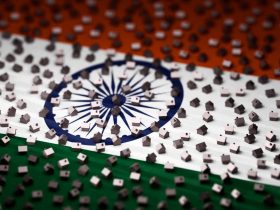



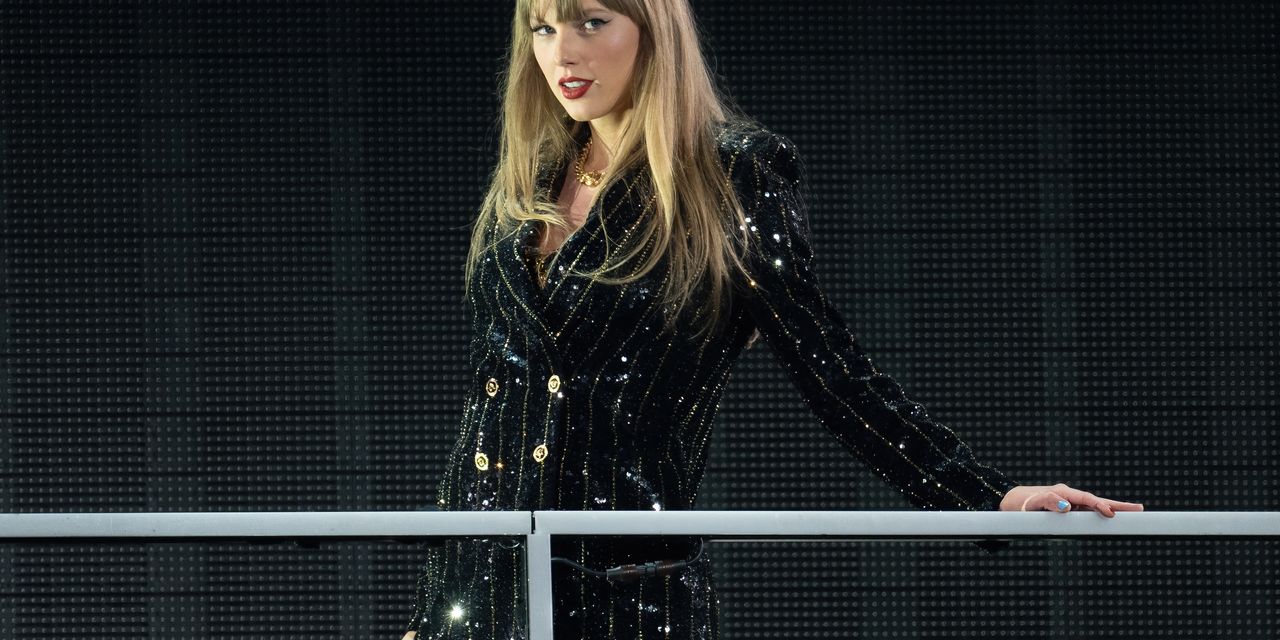

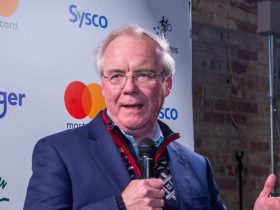

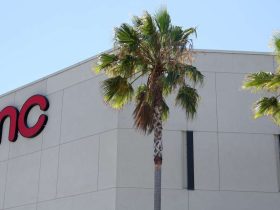
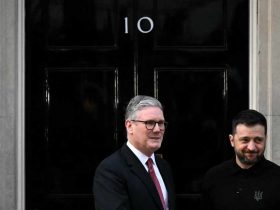
Leave a Reply